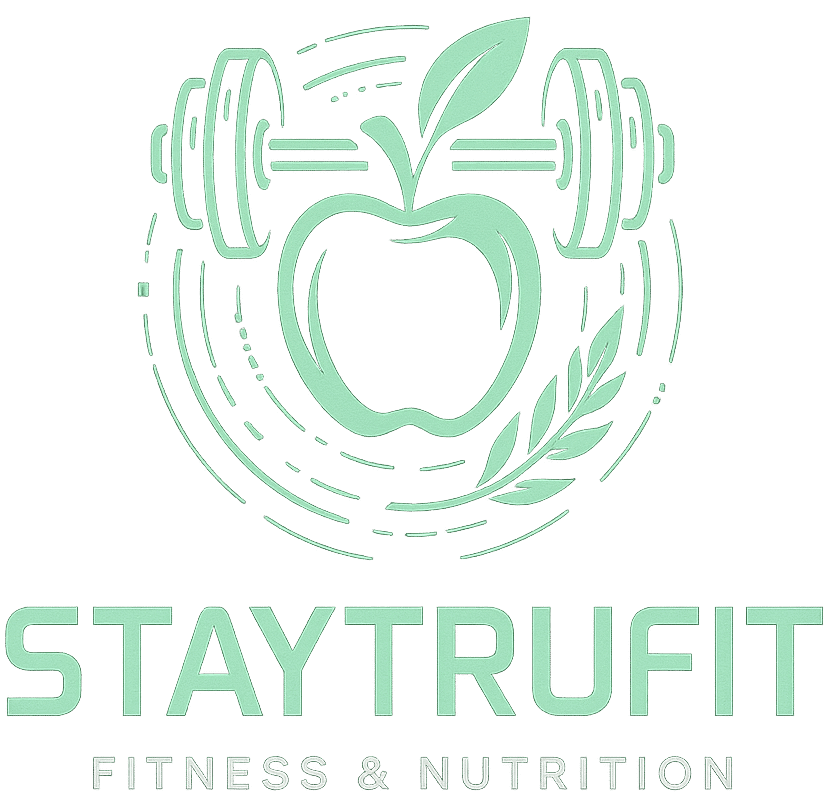If you’re thinking about adding a supplement to your routine, figuring out what to choose can get overwhelming really quickly. There’s a huge range of vitamins, minerals, and herbal remedies out there, and each one claims to offer big benefits. Making the right choice comes down to understanding your own needs and knowing how to spot quality products. With so many slick marketing promises, it helps to know what really matters. Here’s a clear, friendly guide to help you narrow things down and find supplements that fit your lifestyle and goals.

Why Supplements? Common Reasons People Consider Them
Supplements can be a pretty handy addition when you’re looking to fill gaps in your diet or tackle specific health concerns. Some people turn to supplements to boost their energy, improve skin, or help with sleep. Others may need extra nutrients because of restrictive diets or health conditions that make it harder to absorb certain vitamins.
According to data from the National Institutes of Health, the most common reasons folks reach for supplements include general health, bone health (like taking calcium and vitamin D), heart health (like using omega 3s), and immune support (think vitamin C and zinc).
Supplements aren’t a replacement for healthy eating but can step in when your food choices or needs switch up. For example, vegans often add B12 or iron, while athletes might reach for protein powders or electrolytes. The right supplement can help meet your wellness goals, but it starts with looking at your unique scenario.
Steps to Identify What You Really Need
Finding what truly works for you means taking a good look at what your body might be missing or where you want some extra help. Here’s how to get started:
- Check Your Diet and Lifestyle: Notice if you often skip certain food groups or eat mostly processed foods. A varied, colorful diet usually covers most bases, but even the healthiest eaters can sometimes fall short on key nutrients.
- Think About Your Health Goals: Are you looking for more energy, stronger immunity, or something to support your workouts? Being clear about what you hope to achieve helps narrow your search.
- Consider Your Age and Stage: Needs mix it up with age. Kids, teenagers, adults, and older folks all have different requirements, like calcium for teens or vitamin D for those over 50.
- Talk With a Professional: A quick chat with a doctor or registered dietitian can be super useful, especially if you have a health condition or take medications. They might also suggest blood tests to check for hidden deficiencies.
This step by step process keeps things focused on what really suits your body and lifestyle—no guesswork required.
Types of Supplements and What They Do
The supplement aisle can feel like a maze if you’re not sure what each product is actually for. Here’s a breakdown of the bigger categories you’ll see:
- Vitamins and Minerals: These are the basics, such as vitamin C, D, B12, magnesium, and iron. They help with everything from immune function to keeping nerves and muscles running smoothly.
- Herbal Supplements: Herbs like turmeric, ashwagandha, and echinacea are used for targeted wellness boosts, like reducing inflammation or fighting off a cold.
- Protein Powders and Amino Acids: Popular for athletes or anyone looking to hit their protein goals. Whey, pea, and soy are common sources.
- Probiotics and Digestive Aids: Probiotics add healthy bacteria to your gut, which can help with digestion and boost overall gut health.
- Specialty Supplements: These cover everything from omega 3s (good for heart and brain health) to glucosamine (used for joint support).
Understanding what each type does (and doesn’t do) is the first step to avoiding random purchases and only reaching for what’s truly helpful for your goals.
How To Spot Quality Supplements
The supplement market is crowded, so picking something safe and effective is really important. Dodgy fillers, weak doses, or misleading labels can make it tough to find a product that’s actually worth your money. Here’s what I always check before buying:
- Third Party Testing: Look for seals or claims from independent labs (like USP, NSF, or ConsumerLab). These checks show the supplement contains what it says and is free of harmful levels of unwanted stuff.
- Transparent Labels: A reputable brand will clearly list all ingredients, amounts, and serving sizes. Watch out for “proprietary blends,” which can hide what’s really inside.
- Safe Dosages: More isn’t always better. Double the dose doesn’t usually mean double the benefit, and can sometimes cause side effects. Always compare with the recommended daily values.
- Company Reputation: Brands with lots of positive reviews, transparent sourcing, and a responsive customer service team tend to be more reliable.
I usually skip products promising fast fixes or “miracle” results. A supplement should support your overall routine, not act as a quick fix replacement for healthy habits.
The Fine Print: Checking for Interactions and Safety
Supplements can work together with prescription meds, over the counter drugs, and even other supplements. For example, St. John’s Wort can affect how certain antidepressants work, and too much vitamin K can mess with blood thinners.
If you’re pregnant, breastfeeding, or dealing with a health condition, double checking with a healthcare provider is super important, since some supplements aren’t recommended in these cases. Even seemingly harmless choices, like herbal teas or extra vitamins, can have unintended effects.
If you notice headaches, stomach issues, skin rashes, or other changes after starting a new supplement, pause, talk to a pharmacist or your doctor, and see if the product could be to blame.
Common Mistakes People Make When Choosing Supplements
- Following Trends Without Research: Just because a supplement is trending on social media doesn’t mean it’s right for you. Research first, since science often lags behind the hype.
- Not Reading the Instructions: Some supplements work best with food, others on an empty stomach. Timing and serving size both make a difference.
- Forgetting About Diet: Supplements help fill gaps; they don’t fix an unhealthy eating pattern. Focus on food first when you can.
- Ignoring Expiry Dates: Supplements do lose potency. Stuff that’s past its prime may not work well, or at all.
Real World Examples: Choosing the Right Supplement Based on Specific Needs
- Vegetarian or Vegan Lifestyle: It’s usually worth checking your levels of B12, iron, zinc, and omega 3s. A vegan omega 3 from algae is a smart pick if you skip fish.
- Active Individuals: Those with intense workout routines might benefit from an electrolyte supplement, protein powder, or magnesium for muscle function. Some also track joint health and add collagen or turmeric if needed.
- Aging Adults: Calcium and vitamin D can help maintain bone strength, while B12 becomes harder to absorb after 50. A simple B12 supplement can help keep energy up, while lutein might support eye health as part of an older adult’s toolkit.
- Picky Eaters or Kids: Sometimes a basic multivitamin fills in the gaps, but always look out for age-appropriate brands and doses. Gummies are popular, but tablet or powder forms also work for some families.
The more you know about what your body needs, the easier it gets to pick the right solution. If you’re still not sure, try a food journal or an app to track what you’re eating for a week. You might spot a pattern, like always missing leafy greens or oily fish, which points you toward the best supplement for you. If you’re ever unsure, it’s okay to ask your healthcare provider for suggestions and peace of mind.
Frequently Asked Questions
How do I know if I really need a supplement?
If you have a restricted diet, a diagnosed deficiency, or a medical condition, a supplement might help. For everybody else, if you’re eating a balanced, varied diet, often you’re already getting what you need, though an expert opinion helps clear up any doubts.
Will a supplement work right away?
Most supplements take time, sometimes a few weeks, to make a noticeable impact. Some, like caffeine, work pretty fast, but most are meant for slow, steady benefits, not overnight changes.
Can I take more than one supplement at the same time?
Some combinations are fine, like vitamin D and calcium. But a lot of overlap, especially with multivitamins, can sneak you into taking more than you need, which isn’t helpful and could be risky. If you’re planning to take several at once, a healthcare provider can weigh in to keep your stack balanced.
Keeping It Simple and Smart
Choosing a supplement doesn’t have to be complicated. Focus on your actual needs, always check for safety, and buy from brands that are open about what goes inside their products. Remember, supplements work best as a part of a solid overall routine that includes healthy food, enough sleep, and a bit of movement every day.
Done right, supplements offer a simple way to help you stay on track and support your goals. A bit of homework pays off, and you’ll feel more confident picking out what really suits you.
